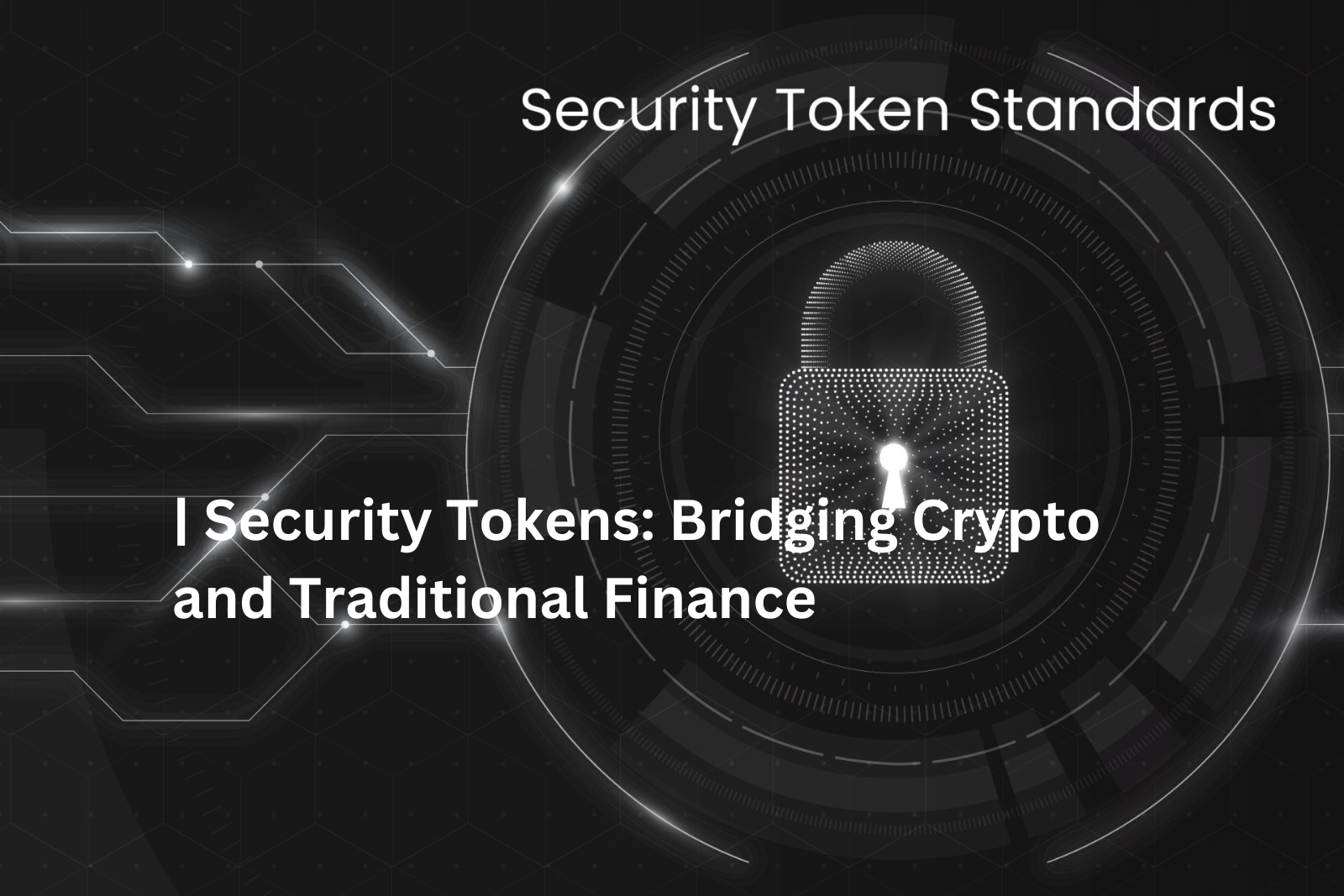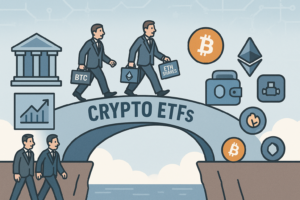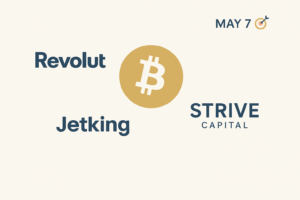
The financial landscape is undergoing a seismic shift as blockchain technology continues to disrupt traditional systems. At the forefront of this transformation are security tokens, a groundbreaking innovation that bridges the gap between cryptocurrency and traditional finance.
As the demand for digital assets grows, these tokens are emerging as key players in reshaping how we invest, trade, and manage assets. In this article, we’ll explore what these tokens are, how they work, and why they are poised to revolutionize the financial industry.
What are Security Tokens?
They are digital representations of real-world assets such as stocks, bonds, real estate, and commodities, but they exist on a blockchain. Unlike cryptocurrencies like Bitcoin or Ethereum, security tokens are classified as investment securities and are subject to the same regulatory framework as traditional assets.
These tokens are created through tokenization, which involves converting the ownership rights of an asset into a digital token. The use of smart contracts ensures that the ownership, transfer, and transaction processes are automated and secure.
This innovative approach opens up new investment opportunities while reducing the need for intermediaries, such as brokers or custodians.
How Security Tokens Bridge Crypto and Traditional Finance
- Regulatory Compliance
A key advantage of tokenized assets is their regulatory compliance. Issued under securities laws, they can be traded on regulated platforms, providing institutional investors with a secure entry into the cryptocurrency space without legal concerns. - Increased Liquidity
Tokenizing traditional assets can significantly enhance liquidity. By allowing fractional ownership, assets like real estate, which typically have high entry barriers, can be split into smaller, tradable units. This facilitates broader market access and liquidity, making previously illiquid assets more easily tradable on global exchanges. - Smart Contracts for Efficiency
Smart contracts play a crucial role in the security token ecosystem. These self-executing contracts automate various processes like compliance checks, asset transfers, and dividend distributions. By automating these tasks, security tokens reduce administrative overhead, minimize human error, and streamline asset management. - Enhanced Transparency and Security
Built on blockchain technology, tokens offer enhanced transparency. Every transaction is recorded on a public ledger, allowing for traceable and immutable ownership. This transparency reduces the risk of fraud and ensures that all stakeholders have access to verifiable data. - Access to Global Markets
Traditional finance is often regionally limited, but tokenized assets can be traded globally, giving investors access to worldwide opportunities. Whether it’s real estate in Europe or stocks in Asia, they remove geographic barriers and enable portfolio diversification.
Real-World Applications
Tokenizing Real Estate: Security tokens have significant applications in the real estate market. By converting physical properties into digital tokens, real estate investments become more accessible, allowing smaller investors to participate in markets that were once reserved for the wealthy.
Tokenized Equity: Startups and established companies are increasingly turning to security tokens for fundraising.
Through security token offerings (STOs), businesses can raise capital by issuing tokenized equity, allowing investors to purchase stakes in companies without the need for traditional IPOs.
Debt Instruments: Security tokens can also represent debt, such as bonds or loans. By tokenizing debt instruments, borrowers and lenders can access global markets, negotiate better terms, and improve the efficiency of debt transactions.
The Future of Security Tokens in Finance
The security token market is still in its early stages but is poised for significant growth. As both institutional and retail investors look for ways to blend the benefits of blockchain with the structure of traditional finance, security tokens are becoming a key part of the financial ecosystem.
The global shift towards decentralized finance (DeFi) also strengthens the relevance of security tokens.
DeFi platforms leverage blockchain technology to offer decentralized lending, borrowing, and trading of assets, and security tokens serve as a bridge between these platforms and traditional financial institutions. This fusion is likely to bring more liquidity, efficiency, and security to financial markets.
Final Insights
Security tokens are more than just a buzzword—they are a transformative force bridging the gap between cryptocurrency and traditional finance.
By offering a regulated, transparent, and efficient way to tokenize assets, they are unlocking new opportunities for investors and issuers.
As the financial industry continues to evolve, these tokens are poised to play a pivotal role in shaping the future of investing. Whether you’re a seasoned investor or new to the world of digital assets, now is the time to explore the potential of security tokens and stay ahead of the curve.












